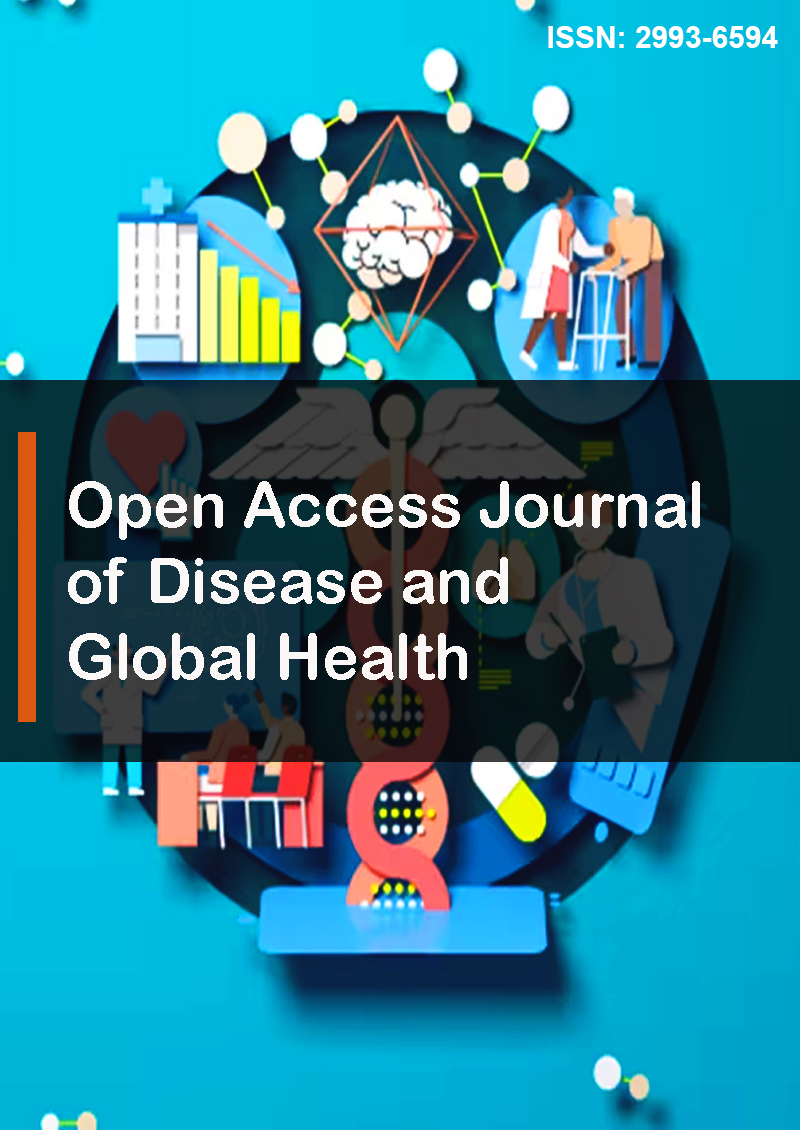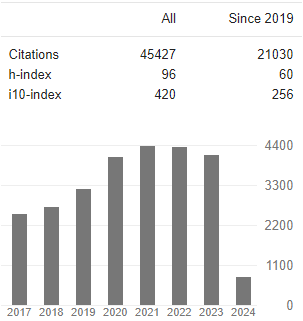Utilizing Fish as Malaria Defenders
Abstract
Manfred Dakorah Asiedu, Gideon Twieku and Rhoda Diyie Lims
We propose to explore an eco-friendly and sustainable approach to malaria control by employing fish as biological agents to reduce mosquito populations. Given the rising challenges of insecticide resistance and the environmental concerns associated with chemical interventions, this project investigates the effectiveness of fish species in consuming mosquito larvae, thereby lowering the prevalence of malaria vectors. Through a combination of laboratory experiments, ecological assessments, and community engagement in malaria-endemic regions, the project will identify optimal fish species for this purpose, assess their impact on local ecosystems, and gauge community perspectives on adopting fish-based malaria control methods. Key objectives include evaluating predation efficiency, determining ecological compatibility, quantifying the reduction in malaria transmission, and fostering local involvement to enhance sustainability. This innovative approach has the potential to provide a scalable, environmentally conscious solution for malaria management, contributing to global public health efforts and advancing sustainable disease control strategies.




